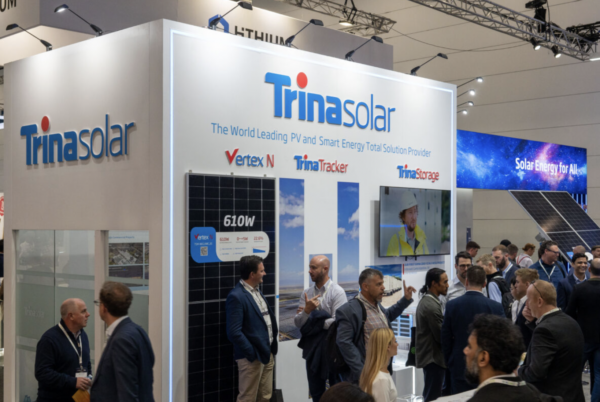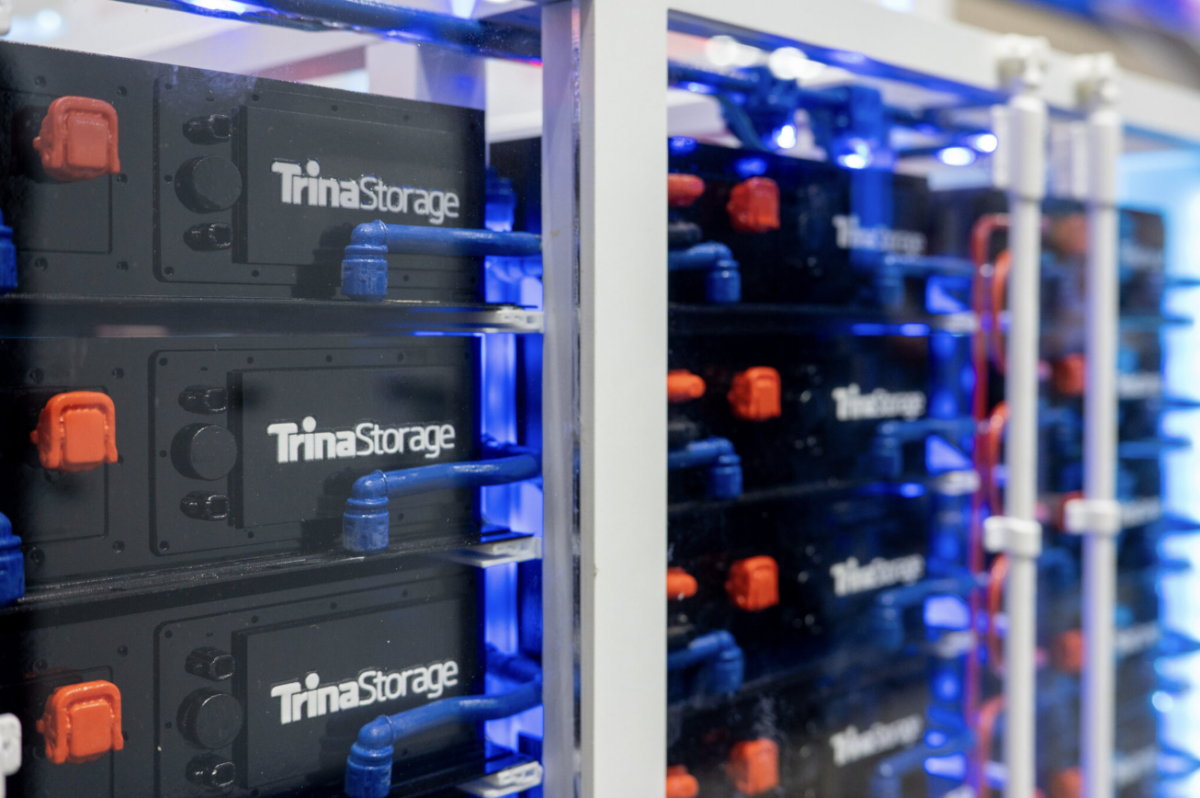Trina Storage, the battery-focused unit of China's Trina Solar, has introduced its Elementa 2 utility-scale battery system, featuring cells manufactured by the company.
The lithium iron phosphate (LFP) battery features 2 MW/4 MWh units that fit into a 20-foot shipping container. Like most utility-scale batteries, the units can be joined in parallel to expand project capacity.
The Elementa 2 is the second-generation version of the Elementa battery, which the company launched in 2022. The new version almost doubles the storage capacity of the previous model, which stored 2.2 MWh. The higher density comes from the fact that the first-generation Elementa battery used third-party cells, whereas the second generation uses Trina’s own cells.
Trina has opted for full vertical integration on its storage products in order to control its production costs and ensure that it can deliver orders on schedule. This includes in house R&D, cabinet design, and components manufacturing, Trina representatives told pv magazine Australia.
Trina Storage began in 2015, but the company’s cell manufacturing line only became operational in 2021. It has two bases in China, and is aiming for 12 GWh of cell production capacity by the end of 2023, and 25 GWh by 2025. While the company will supply cells for its own product ranges as the priority, it may also sell its battery cells into the broader market.

To continue reading, please visit our pv magazine Australia website.
This content is protected by copyright and may not be reused. If you want to cooperate with us and would like to reuse some of our content, please contact: editors@pv-magazine.com.




1 comment
By submitting this form you agree to pv magazine using your data for the purposes of publishing your comment.
Your personal data will only be disclosed or otherwise transmitted to third parties for the purposes of spam filtering or if this is necessary for technical maintenance of the website. Any other transfer to third parties will not take place unless this is justified on the basis of applicable data protection regulations or if pv magazine is legally obliged to do so.
You may revoke this consent at any time with effect for the future, in which case your personal data will be deleted immediately. Otherwise, your data will be deleted if pv magazine has processed your request or the purpose of data storage is fulfilled.
Further information on data privacy can be found in our Data Protection Policy.